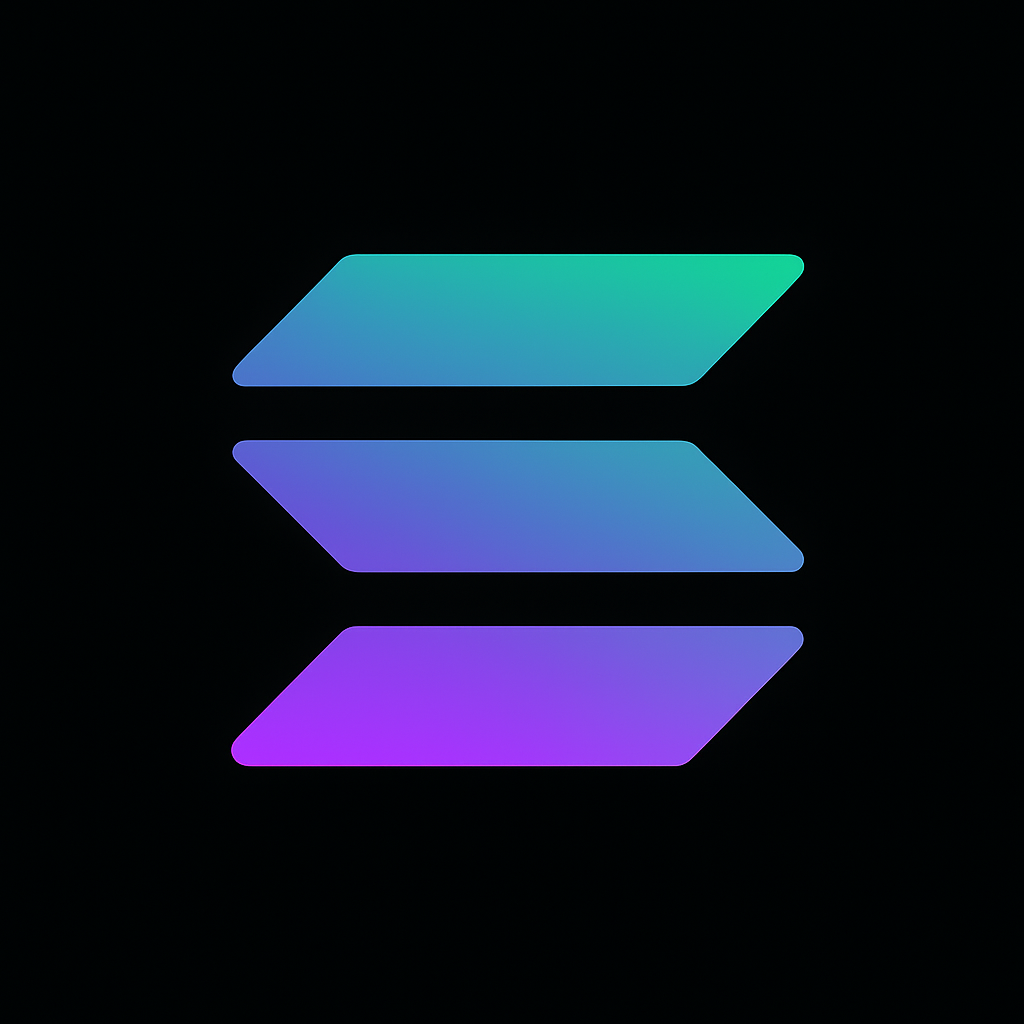Supporting Monero: Run a Node, Earn with Premium Services
Posted: July 22, 2025
Monero needs you. As a privacy-first currency, it depends on contributors who run nodes, validate blocks, and keep the network healthy. If you've ever wanted to support Monero and earn while doing it, running a public node is the perfect place to start.

Why Public Nodes Matter
Most people using Monero rely on lightweight wallets like Feather or Cake. These wallets connect to public RPC nodes to broadcast transactions and sync balances. Without volunteers running nodes, Monero wouldn't be accessible to everyday users.
Public vs Private Nodes
Private nodes verify your own transactions. Public nodes serve the entire community by allowing anyone to connect and use the Monero network anonymously. That’s a huge privacy and usability win.
Hardware and Setup
- CPU: 2–4 cores minimum (modern architecture)
- RAM: 8–16 GB
- Storage: 200+ GB SSD or NVMe (no HDDs)
- Bandwidth: At least 1 TB/month if public
You'll need to run the latest monerod binary, open the RPC port (e.g. 18089), and optionally add HTTPS or .onion routing for privacy.
Our Example: StealthXMR.io
We run stealthxmr.io, a public Monero node built to serve users and privacy apps. It supports:
- HTTPS RPC access
- A Tor mirror (.onion)
- Rate limiting to prevent abuse
- Plans for paid premium access
Monetizing Public Infrastructure
Monero node operators can offer:
- Premium API access (higher limits, speed)
- Subscriptions for apps or wallet devs
- Swaps and bridges (like XMR → SOL via SolanaBlender)
- Value-added services like dashboards or messaging relays
Ready to Help?
It’s not hard to get started, and the Monero network benefits from every reliable node that comes online. You help others stay private, and you can earn for doing it fairly.
Check out getmonero.org for official setup docs or just fork our model at stealthxmr.io.
 SolanaBlender
SolanaBlender